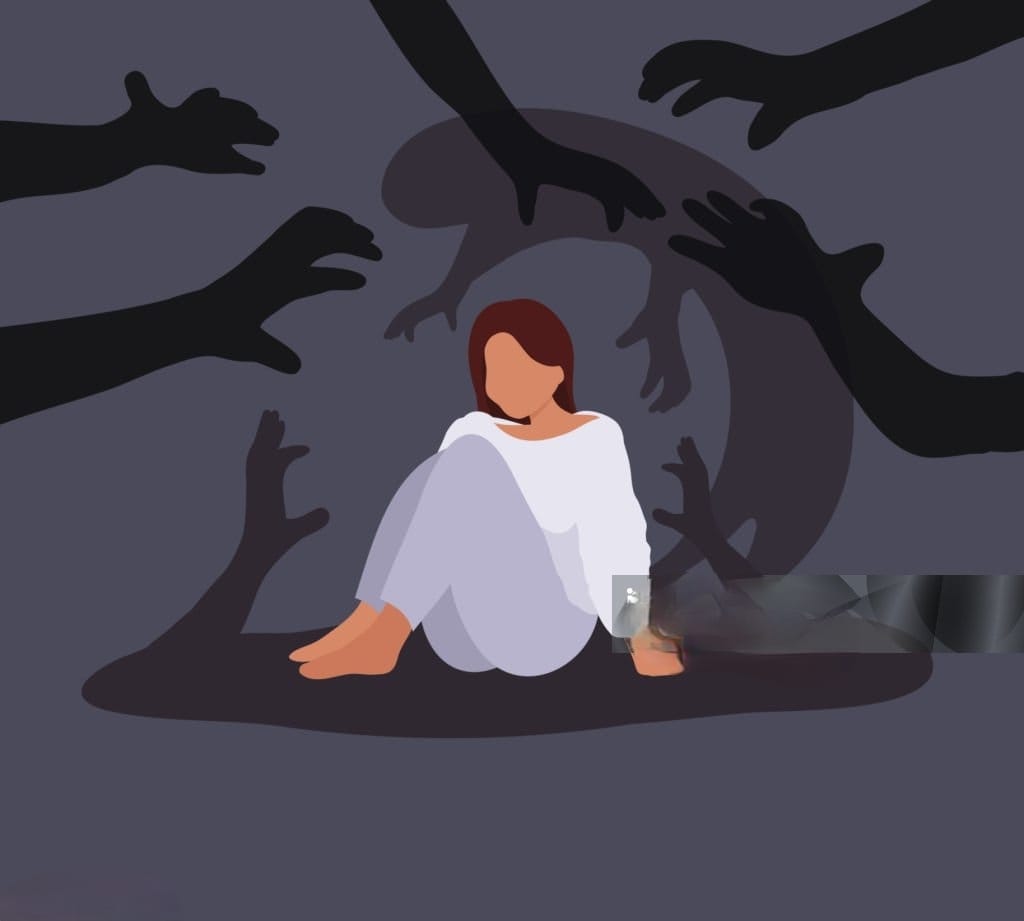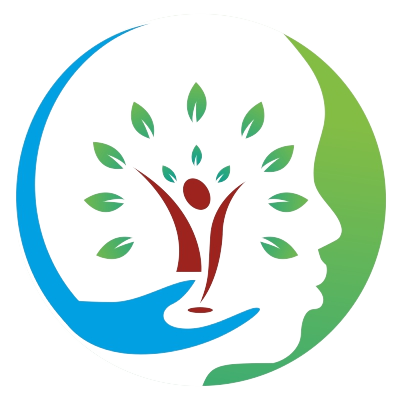
Contact Us
Online Appointments
- No exposure from potent chemicals.
- No withdrawal symptoms
- High efficacy rate
- Individualistic prescribing.
- Minimum dose.
- Rapid, gentle and permanent cure of disease.
- Holistic approach
- Painless process of treatment
- Availability of thousands of fully proved medicines on healthy human beings
- Economic medicines
Schizophrenia
Schizophrenia (originated from the Greek word schizein meaning "to split" and phrēn, "mind") is a psychiatric diagnosis that describes a mental disorder characterized by abnormalities in the perception or expression of reality. It most commonly manifests as auditory hallucinations, paranoid or bizarre delusions, or disorganized speech and thinking with significant social or occupational dysfunction. Schizophrenia is a severe, lifelong, disabling brain disorder. People who have it may hear voices, see things that aren't there or believe that others are reading or controlling their minds. The onset of symptoms typically occurs in young adulthood, with approximately 0.4–0.6% of the population affected. In men, symptoms usually start in the late teens and early 20s. While in women, they start in the mid-20s to early 30s. Other symptoms include
1.Unusual thoughts or perceptions
2.Disorders of movement
3.Difficulty speaking and expressing emotion
4.Problems with attention, memory and organization
Causes schizophrenia:
No one is sure what causes schizophrenia, but your genetic makeup and brain chemistry probably play a role. Studies suggest that genetic and environmental factors can act in combination to result in schizophrenia. Evidence suggests that the diagnosis of schizophrenia has a significant heritable component but that onset is significantly influenced by environmental factors or stressors.
Several factors may contribute to schizophrenia, including:
1. Genetic
Studies have suggested a high level of heritability of schizophrenia. It is a condition of complex inheritance, with several genes possibly interacting to generate risk for schizophrenia or the separate components that can co-occur leading to a diagnosis. These genes appear to be non-specific, in that they may raise the risk of developing other psychotic disorders such as bipolar disorder. Rare deletions or duplications of tiny DNA sequences within genes (known as copy number variants) may be linked to an increased risk for schizophrenia.
2. Prenatal
One curious finding is that people diagnosed with schizophrenia are more likely to have been born in winter or spring, (at least in the northern hemisphere). There is now evidence that prenatal exposure to infections increases the risk for developing schizophrenia later in life, providing additional evidence for a link between in utero developmental pathology and the risk of developing the condition.
3. Social
The social disadvantage has been found to be a risk factor, such as poverty and migration-related to social adversity, racial discrimination, family dysfunction, unemployment, or poor housing conditions. Childhood experiences of abuse or trauma have also been implicated as risk factors for a diagnosis of schizophrenia later in life. Parenting is not held responsible for schizophrenia but unsupportive dysfunctional relationships may contribute to an increased risk.
4. Drugs
About half of all patients with schizophrenia abuse drugs or alcohol. The two most often used explanations for this are "substance use causes schizophrenia" and "substance use is a consequence of schizophrenia", and they both may be correct. Relatively strong evidence based on multiple studies suggests that cannabis may play a role in the development of schizophrenia. However, there is no sufficient evidence for the role of alcohol or other drugs. On the other hand, people with schizophrenia are known to use drugs to alleviate the depression, anxiety, and loneliness resulting from their disorder.
5. Psychological
A number of psychological mechanisms have been implicated in the development and maintenance of schizophrenia. Cognitive biases that have been identified in those with a diagnosis or those at risk, especially when under stress or in confusing situations, include excessive attention to potential threats, jumping to conclusions, making external attributions, impaired reasoning about social situations and mental states, difficulty distinguishing inner speech from an external source, and difficulties with early visual processing and maintaining concentration. Some cognitive features may reflect global neurocognitive deficits in memory, attention, problem-solving, executive function, or social cognition, while others may be related to particular issues and experiences. Despite a common appearance of "blunted affect", recent findings indicate that many individuals diagnosed with schizophrenia are highly emotionally responsive, particularly to stressful or negative stimuli, and that such sensitivity may cause vulnerability to symptoms or to the disorder. Some evidence suggests that the content of delusional beliefs and psychotic experiences can reflect the emotional causes of the disorder and that how a person interprets such experiences can influence symptomatology. The use of "safety behaviors" to avoid imagined threats may contribute to the chronicity of delusions. Further evidence for the role of psychological mechanisms comes from the effects of therapies on symptoms of schizophrenia.
6. Neural
Studies using neuropsychological tests and brain imaging technologies such as MRI and PET to examine functional differences in brain activity have shown that differences seem to most commonly occur in the frontal lobes, hippocampus, and temporal lobes. These differences have been linked to the neurocognitive deficits often associated with schizophrenia.
Role of change in neurotransmitters dopamine and glutamate have been found in schizophrenia because the drugs affecting these neurotransmitters produce symptoms mimicking with schizophrenia. The "dopamine theory of schizophrenia" states that schizophrenia is caused by an overactive dopamine system in the brain.
Types of schizophrenia:
The different types of schizophrenia are as follows
1. Paranoid-type schizophrenia: This is characterized by delusions and auditory hallucinations but relatively normal intellectual functioning and expression of affect. The delusions can often be about being persecuted unfairly or being some other person who is famous. People with paranoid-type schizophrenia can exhibit anger, aloofness, anxiety, and argumentativeness.
2. Disorganized type /hebephrenic schizophrenia: This is characterized by speech and behavior that are disorganized or difficult to understand, and flattening or inappropriate emotions. People with disorganized-type schizophrenia may laugh at the changing color of a traffic light or at something not closely related to what they are saying or doing. Their disorganized behavior may disrupt normal activities, such as showering, dressing, and preparing meals.
3. Catatonic-type schizophrenia: This is characterized by disturbances of movement. People with catatonic-type schizophrenia may keep themselves completely immobile or move all over the place. They may not say anything for hours, or they may repeat anything you say or do senselessly. Either way, the behavior is putting these people at high risk because it impairs their ability to take care of themselves.
4. Undifferentiated-type schizophrenia: This is characterized by some symptoms seen in all of the above types but not enough of any one of them to define it as another particular type of schizophrenia.
5. Residual-type schizophrenia: This is characterized by a past history of at least one episode of schizophrenia, but the person currently has no positive symptoms (delusions, hallucinations, disorganized speech or behavior). It may represent a transition between a full-blown episode and complete remission, or it may continue for years without any further psychotic episodes.
Symptoms of schizophrenia:
Schizophrenia symptoms range from mild to severe. There are three main types of symptoms.
1. Positive symptoms refer to a distortion of a person's normal thinking and functioning. They are "psychotic" behaviors. People with these symptoms are sometimes unable to tell what's real from what is imagined. Positive symptoms include:
● Hallucinations: when a person sees, hears, smells, or feels things that no one else can. "Hearing voices" is common for people with schizophrenia. People who hear voices may hear them for a long time before family or friends notice a problem.
● Delusions: when a person believes things that are not true. For example, a person may believe that people on the radio and television are talking directly to him or her. Sometimes people believe that they are in danger-that other people are trying to hurt them.
● Thought disorders: ways of thinking that are not usual or helpful. People with thought disorders may have trouble organizing their thoughts. Sometimes a person will stop talking in the middle of a thought. And some people make up words that have no meaning.
● Movement disorders: may appear as agitated body movements. A person with a movement disorder may repeat certain motions/actions over and over. In the other extreme, a person may stop moving or talking for a while, a rare condition called "catatonia."
2. Negative symptoms refer to difficulty showing emotions or functioning normally. When a person with schizophrenia has negative symptoms, it may look like depression. People with negative symptoms may:
● Talk in a dull voice
● Show no facial expression, like a smile or frown
● Have trouble having fun
● Have trouble planning and sticking with an activity, like grocery shopping
● Talk very little to other people, even when they need to.
3. Cognitive symptoms are not easy to see, but they can make it hard for people to have a job or take care of themselves. Cognitive symptoms include:
● Trouble using the information to make decisions
● Problems using information immediately after learning it
● Trouble paying attention.
Teens can get schizophrenia, but it may be hard to see at first. This is because the symptoms may look like problems many teenagers have. A teen developing schizophrenia may:
● Start getting bad grades in school
● Change friends
● Have trouble sleeping
● Be irritable or moody.


